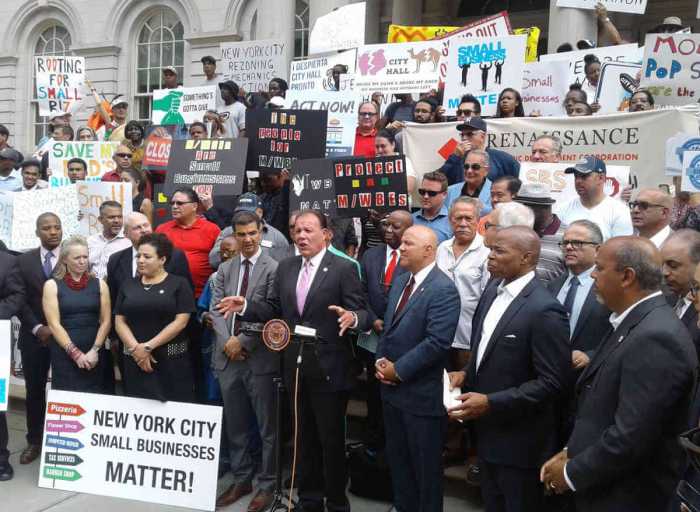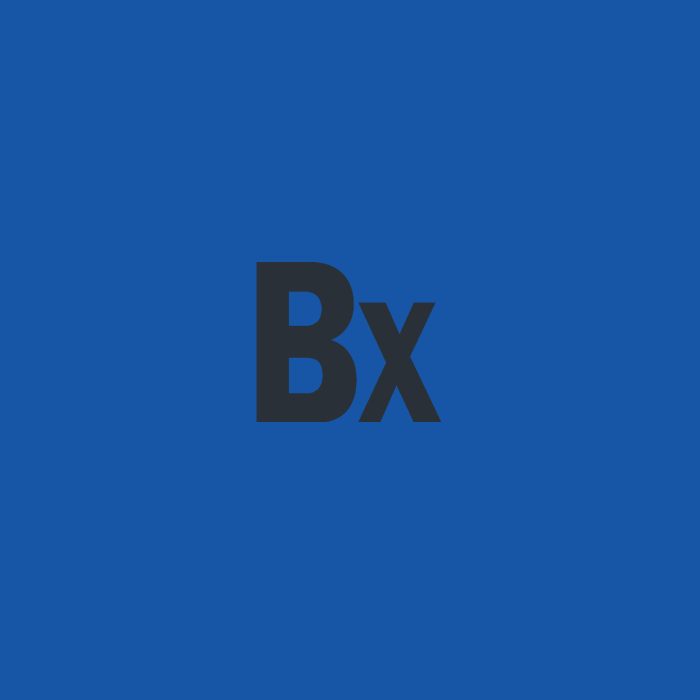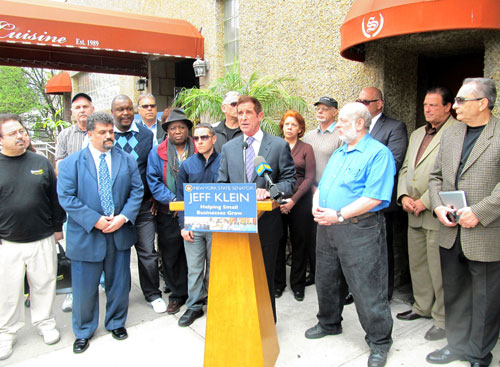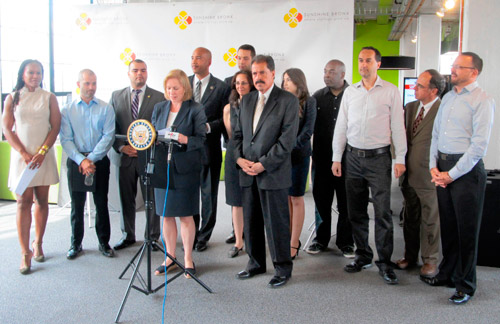As the federal government passed a major, two trillion dollar stimulus package to aid small businesses through the trying times of COVID-19, Councilman and chair of the city’s small business committee Mark Gjonaj and US Small Business Administration Regional Administrator Steve Bulger hosted a tele-town hall to address concerns coming out of The Bronx as well as other boroughs.
Explaining that “the ink is still drying” and much of the supportive program’s details are still being ironed out, Bulger and United States Small Business Administration New York District Director Beth Goldberg stressed two options for small businesses to go through.
First is the Disaster Loan Program, which has been made available now for small businesses nationwide, it can be applied for online at sba.gov and is already handling thousands of apps per hour, Burger said.
It’s objective is to provide loans to qualifying small businesses with terms that are “very easy,” according to the administrator.
Designed to cover operating expenses such as payroll, utilities, rent, and mortgage, that disaster loan covers up to two million dollars in operating capital over 30 years with low interest rate upon payback.
There’s also a ten thousand dollar advance that can be applied for, which can be kept by the small business whether or not the loan is approved, Bulger explained, adding that providing details of adverse effects to your business from the circumstances of COVID-19 is all that is needed for approval.
It was after one concerned landlord on the Lower East Side talked about a tenant that wouldn’t be able to pay rent that Bulger and Goldberg were prompted to discuss a new part of the stimulus hoping to be passed by Friday — the paycheck protection program.
That program is “designed to provide a direct incentive for small businesses to keep their workers on payroll by providing each small business a loan of up to $10 million for payroll and certain other expenses,” according to the SBA.
The qualified amounts of those loans are determined by the average monthly payroll of a business from last year multiplied by 2.5 among other circumstances, Bulger said.
If all employees are kept on payroll for eight weeks, the SBA will also forgive the portion of the loans used for payroll, rent, mortgage interest, or utilities while up to 100 percent of the loan is also forgivable, the agency indicated.
Businesses with less than 500 employees that qualify for that including eligible non-profits, veterans organizations, tribal concerns, sole proprietorships, self-employed individuals, and independent contractors described in the Small Business Act.
Since many of the terms for the paycheck protection program have yet to be finalized, both Bulger and Goldberg could only advise through their professional opinions on additional details of the upcoming package.
The duo did advise to apply for as many loans as possible as quickly as a small business is capable of doing so.
Additional and more specific questions could be addressed via the SBA’s 24/7 hotline number, 1-800 659 2955.























